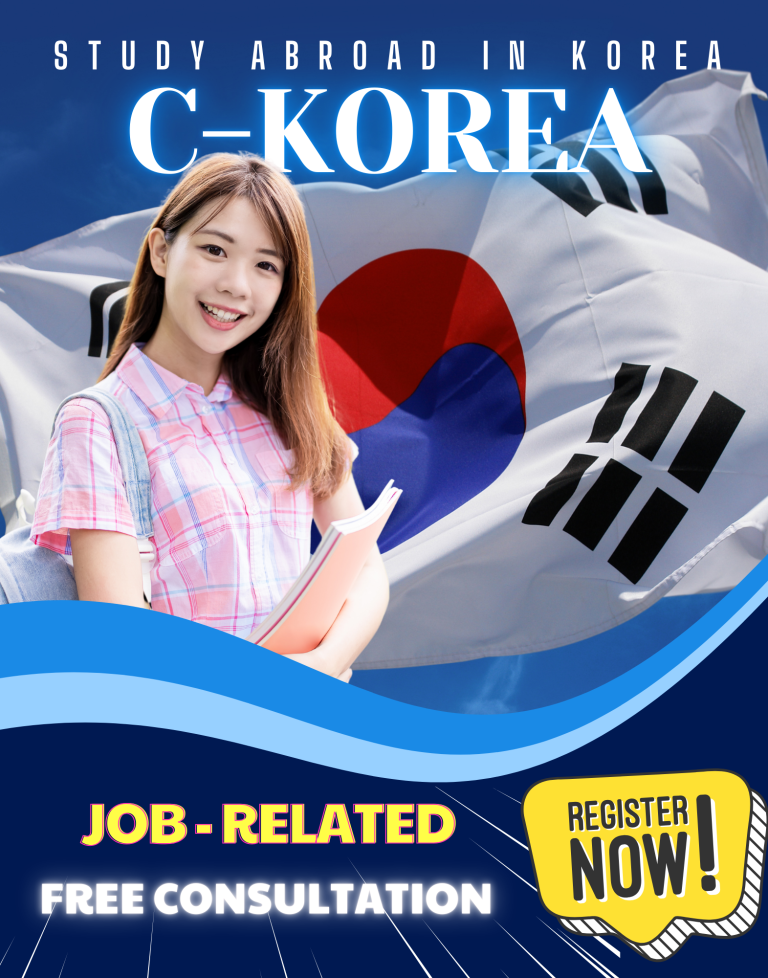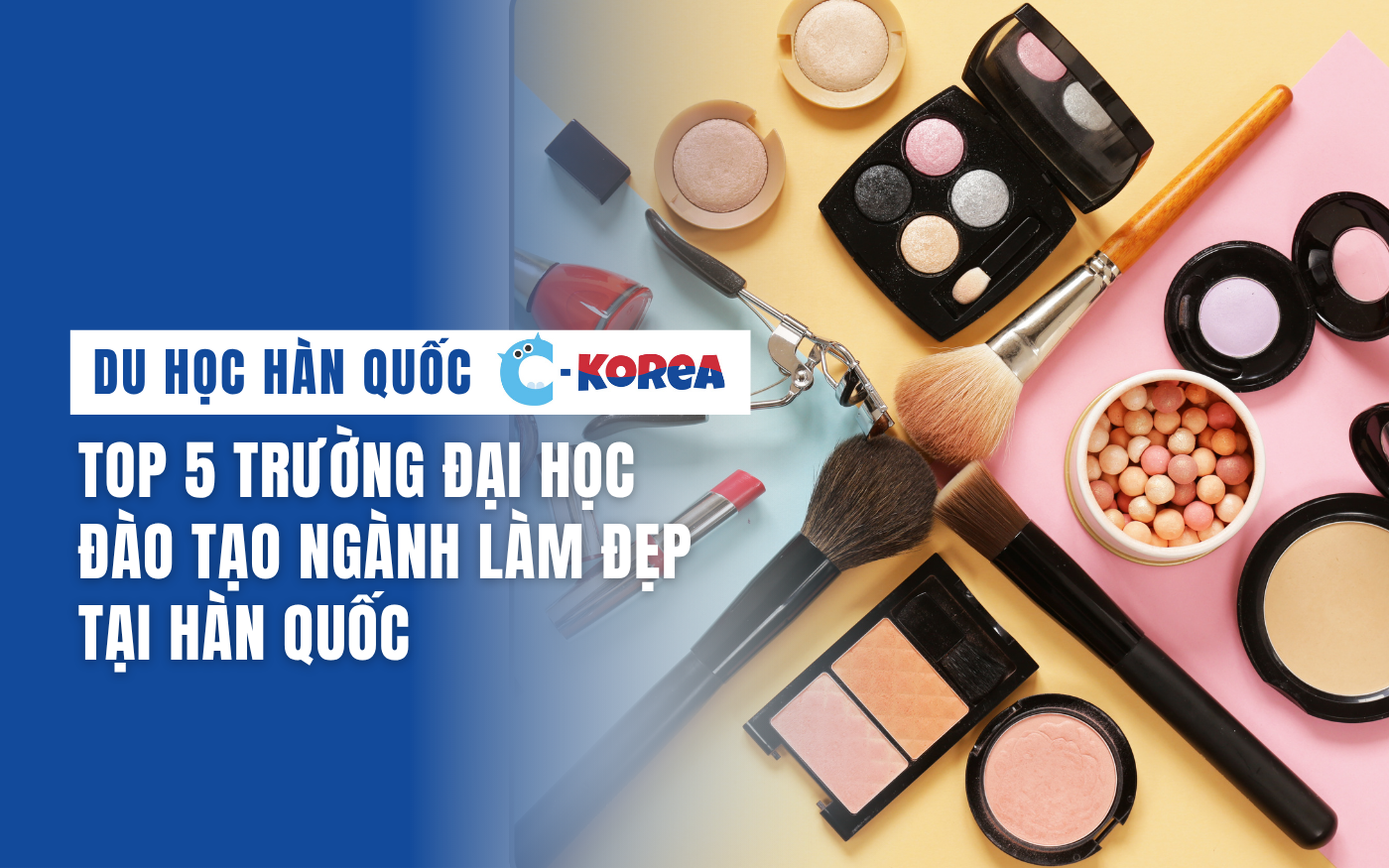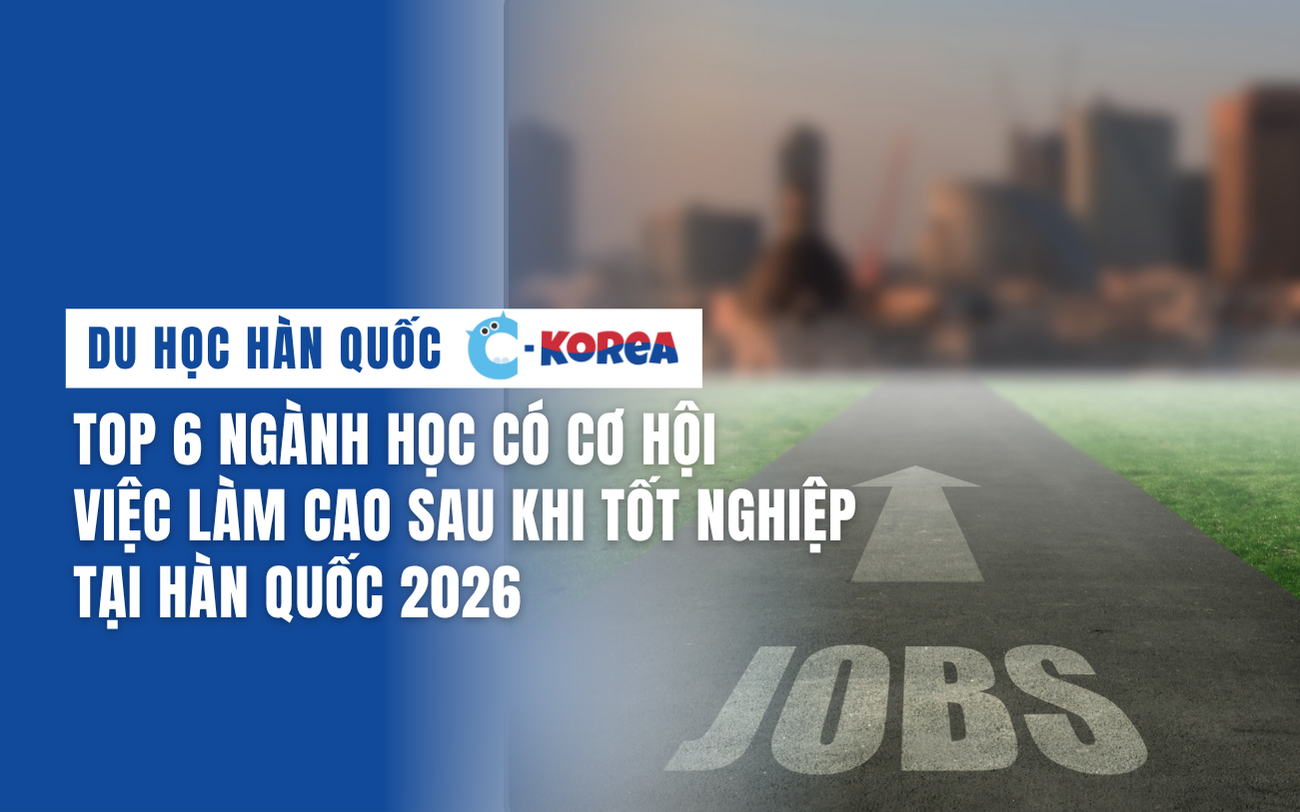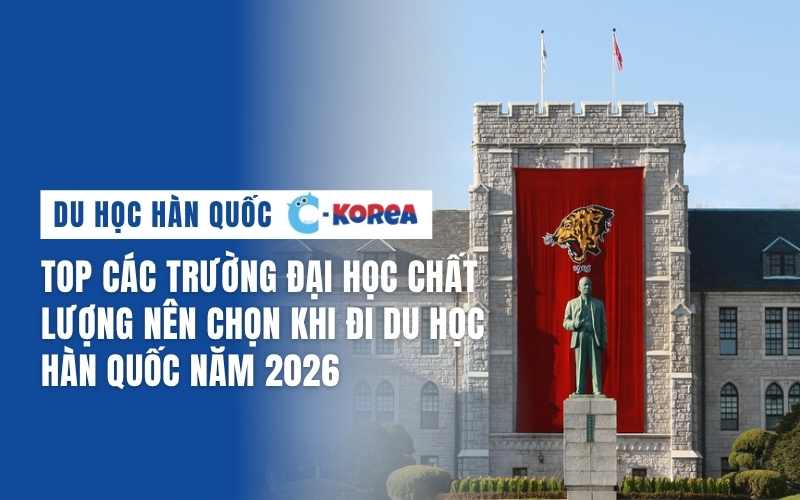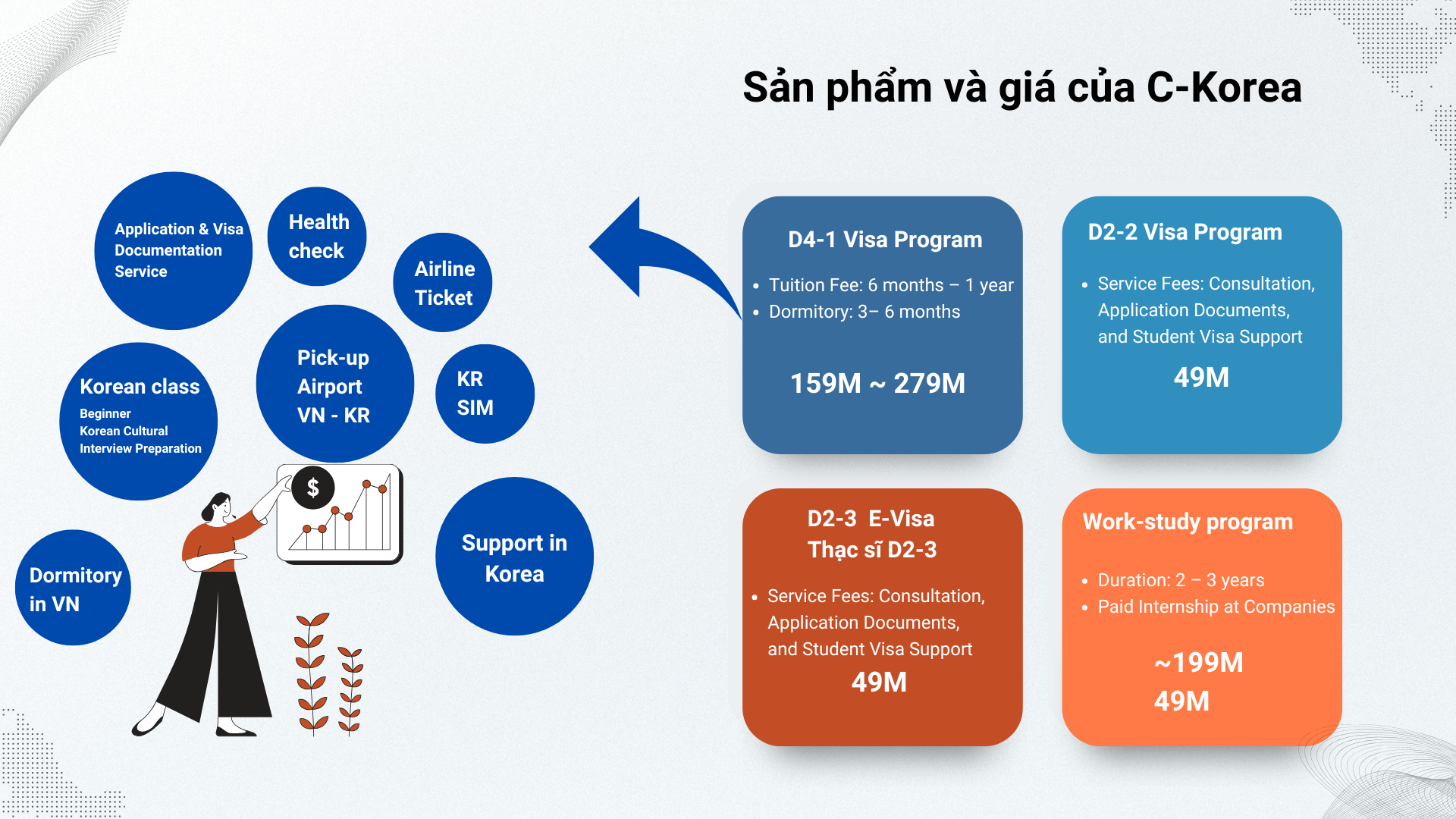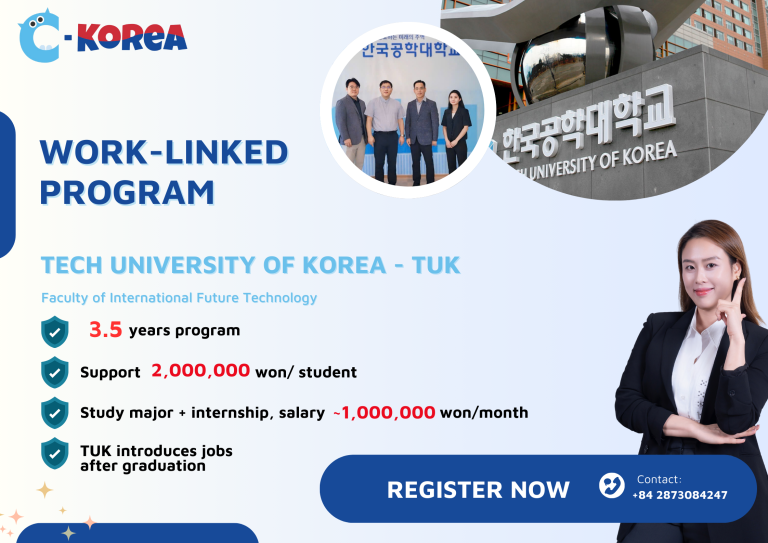Visa is a prerequisite if we have a plan and purpose of entering any country in the world outside of Vietnam. But for some cases, we do not understand visas clearly but want to study at international standard quality schools in Korea, this article will provide you with accurate information about the latest Korean student visa.
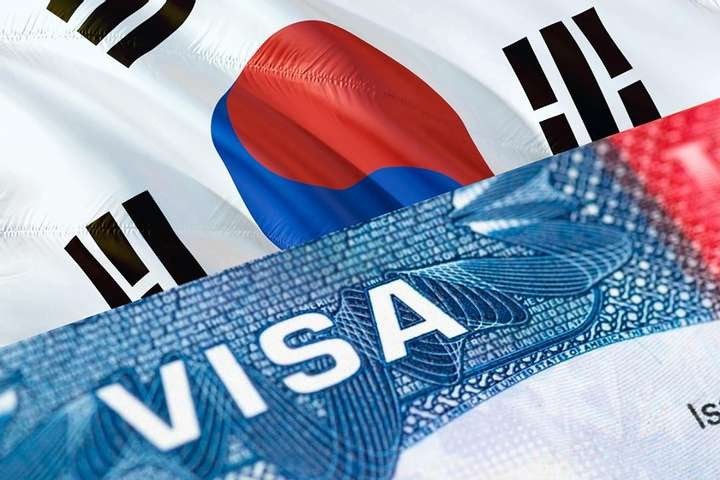
Figure 1: Learn about Korean student visa types with C-Korea
1. What is a Korean student visa?
Visa is understood as a type of certificate issued by the immigration authority of a country to verify that a person is allowed to enter that country in the world. The duration of a visa depends on the purpose and type of visa issued. Visas will be issued directly at the embassy and consulate of that country.
Korean student visas are issued by the Korean Embassy (Hanoi), the Korean Consulate General (HCMC) or the Korean Consulate General (Da Nang) to students or Vietnamese citizens of a certain age and with sufficient documents, so that they can participate in courses and training programs of colleges/universities in Korea.
Previously, Korean student visas were stamped directly in the passports of Vietnamese citizens, but from July 1, 2020, Korea stopped issuing visas stamped on passports. Accordingly, those granted Korean visas will receive a Visa Grant Notice.
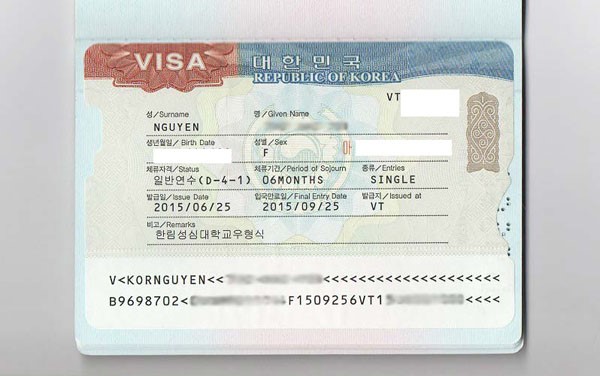
Image 2: Old visa stamp for studying Korean language program D4-1
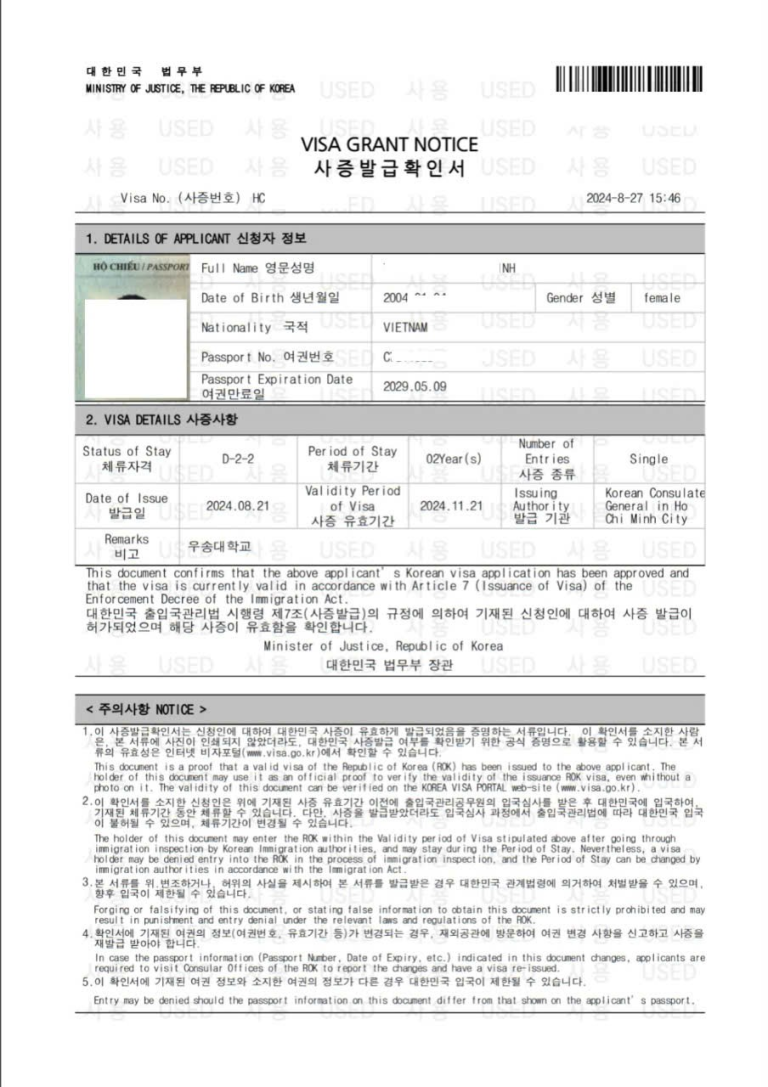
Figure 3: Part of a sample visa certificate for Korean student transfer program
2. Types of Korean student visas
2.1. Language study visa
- Korean language visa (D4-1): is a Korean language study visa issued to international students studying at language training centers of colleges and universities in Korea. After completing the language course, students must obtain a TOPIK 3 Korean proficiency certificate to be eligible to register for university majors. The Korean language course lasts for 1-2 years. If after 2 years the student does not achieve the TOPIK required by the school, he/she will be forced to return home. The period of stay shown on the visa is 06 months. After this period, students will apply to extend their stay in Korea.
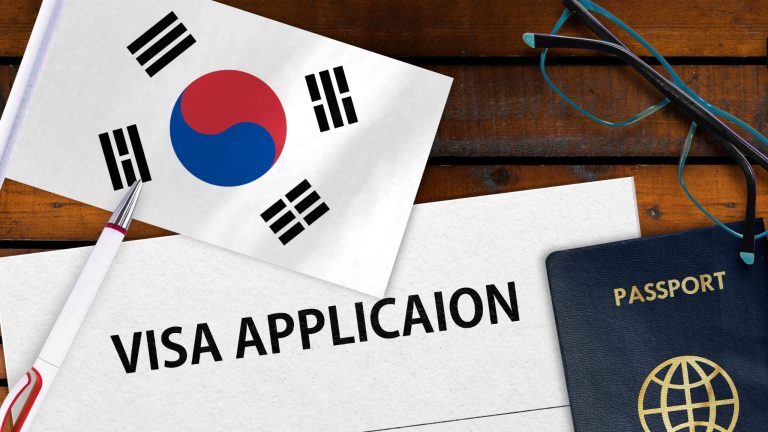
Figure 4: Foreign language students will prepare documents to apply for a language visa.
- Foreign language study visa (D4-7): is a visa issued to foreigners entering Korea with the main purpose of studying a foreign language (not Korean). People with this visa will study foreign languages at foreign language training centers/programs at Korean colleges and universities. They can then transfer to study a major at foreign schools affiliated with Korean schools. Note that the major must correspond to the foreign language studied.
2.2. College student visa
- Korean college student visa (D2-1): is a type of visa issued to students who wish to study at colleges in Korea. Students with low average scores or records with some weak points, and who want to shorten their study time to 2-3 years, this is the type of visa you can apply for without too much difficulty.
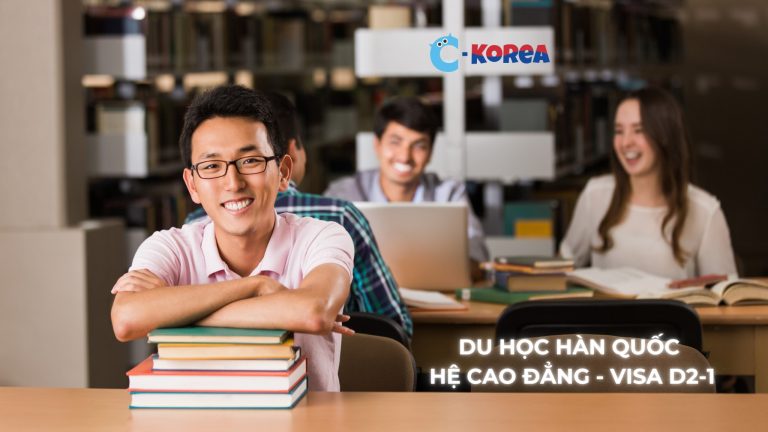
Figure 5: Shortening study time according to college program in Korea
2.3. University student visa
- University Student Visa for New Students (D2-2): For students applying for undergraduate programs at Korean universities (including public and private universities). Students must meet the Korean language proficiency requirement of TOPIK 3 or higher to be able to study at universities.
- University student visa for transfer students (D2-2): For students who have completed 2 years of university study at a Vietnamese university, and want to transfer 2 years to study at a Korean university, in the same major. Students have the opportunity to experience a new learning environment, and study in depth in a second language.
- Exchange student visa (D2-6): is a type of visa issued to exchange students (students receiving exchange scholarships between two schools, visa duration will depend on the exchange program).
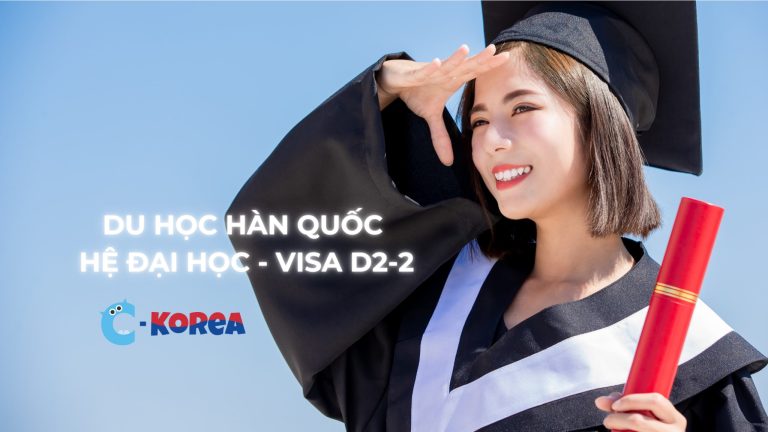
Figure 6: Studying a university major in Korea when having foreign language proficiency
2.4. Postgraduate student visa
- Master’s study visa (D2-3): For students who have graduated from university and have a Korean proficiency certificate from TOPIK 4 or higher, wishing to register for graduate studies at a Korean university. Unlike the language study program, the visa for master’s study in Korea is a D2-3 visa, graduate students do not need to wait 6 months after residing in Korea but can completely work in Korea immediately.
- Doctoral Study Visa (D2-4): Doctoral study in Korea is classified as an advanced training program. Visas are granted to individuals who wish to study and conduct scientific research at Korean universities, requiring a regular major graduation degree, usually a Korean proficiency certificate from TOPIK 4 or higher or other equivalent foreign languages.
- The D2-5 student visa is for students who want to pursue research programs at universities and research institutes in Korea. Students must have graduated from university or have an equivalent degree and have an invitation letter from a Korean university/research institute. Language proficiency from TOPIK 3 or higher or other equivalent language certificates.
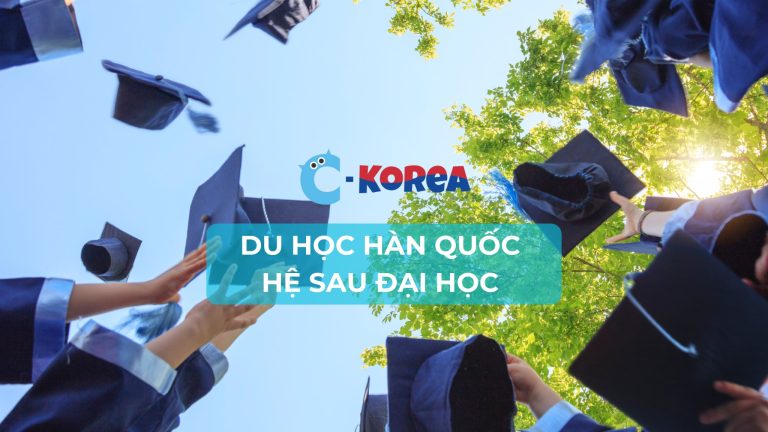
Figure 7: Expanding your future after graduating from university in Korea
2.5. Vocational study visa
- Vocational study visa (D4-6): is a type of visa issued to individuals who want to study a vocational training program for up to 2 years at colleges or vocational secondary schools in Korea. During the study period, students will be apprenticed and intern at factories and production facilities corresponding to their chosen profession and will be paid according to regulations. The foreign language proficiency requirement for graduation is TOPIK 3 or higher.
Thus, depending on the purpose of study and research of each individual, and at the same time possessing sufficient standards to meet the requirements, we can choose for ourselves the path of study in Korea with each corresponding visa type. Understanding exactly about Korean student visas helps students initially complete their ticket to Korea, saving time and money. Studying in Korea is not only a form of changing the learning environment, but also an opportunity for students to access quality knowledge and training programs, expand friendships and social relationships. From there, students have the opportunity to open up a path to build a more solid career in the future.
3. HOW TO APPLY FOR A KOREAN STUDENT VISA
3.1. Korean student visa agency
Korean visas in general and Korean student visas in particular are issued to Vietnamese citizens by the representative agency of the Republic of Korea in Vietnam. Below are 3 locations authorized to issue visas to Vietnamese students wishing to study in Korea that students need to know:
Embassy of Korea in Hanoi
- Address: Lot SQ4 Diplomatic Corps Area, Do Nhuan, Xuan Tao, Bac Tu Liem, Hanoi, Vietnam
- Contact number: + 84-24-3831-5111 / Fax: 84-24-3831-5117
- Working hours: 09:00 – 16:00 from Monday to Friday (except holidays)
Consulate General of Korea in Ho Chi Minh City
- Address: 107 Nguyen Du Street, Ben Thanh Ward, District 1, Ho Chi Minh City
- Contact number: 028 3822 5757
- Working hours: 09:00 – 12:00; 13:30 – 17:00, from Monday to Friday (except holidays)
Consulate General of Korea in Danang
- Address: 26HQ+57J, Bui Ta Han, Khue My, Ngu Hanh Son, Da Nang
- Contact number: 0236 3566 100
- Working hours: 09:00 – 11:30; 14:00 – 16:30, from Monday to Friday (except holidays)
3.2. Place to submit application for Korean student visa
Depending on the permanent residence registration address of Vietnamese students and other exceptional conditions announced by the Korean Embassy in Vietnam, the address for submitting application for Korean student visa is also different.
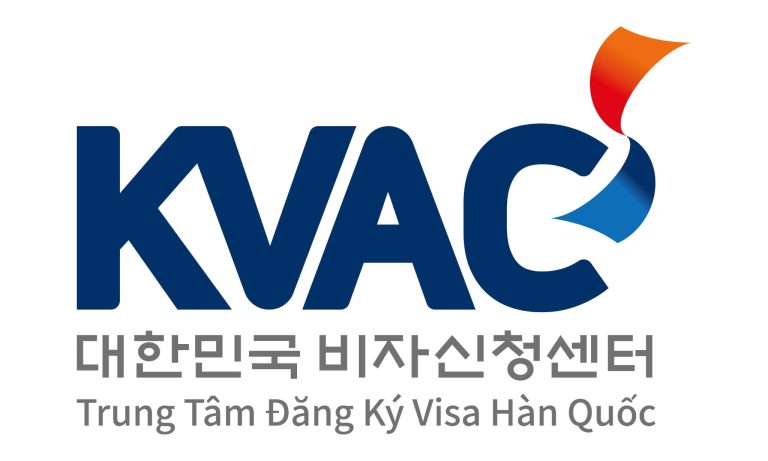
Area of provinces and cities from Hue to the north
- Application submission agency: Korea Visa Application Center (KVAC)
- Address: 12th Floor, Discovery Complex Building, 302 Cau Giay Street, Dich Vong, Cau Giay, Hanoi
- Contact number: 024 7100 1212
- Working hours: 09:00 – 17:00, Monday to Friday (except holidays)
Hue, Da Nang, Quang Nam, Quang Ngai area
- Application submission agency: Application reception office (4th floor) – Consulate General of Korea in Da Nang
- Address: 26HQ+57J, Bui Ta Han, Khue My, Ngu Hanh Son, Da Nang
- Contact number: 0236 3566 100
- Working hours: 09:00 – 11:30; 14:00 – 16:30, from Monday to Friday (except holidays)
Area of provinces from Quang Nam to the south
- Application submission agency: Korea Visa Application Center 2 (KVAC 2)
- Contact number: 028 7101 1212
- Working hours: 08:30 – 12:00; 13:00 – 17:00, from Monday to Friday (except holidays)
4. Basic profile items
In addition to required documents such as: visa application form, visa application fee, health certificate, passport, students need to pay attention to the following main items when preparing documents for a Korean student visa application to have a complete application:
4.1. Documents from Korean university
- Invitation letter from Korean university
- Other relevant documents
4.2. Academic documents
- Highest educational qualification to date (students must have at least a high school diploma)
- Transcript of records corresponding to highest degree
- Documents confirming the learning process if the student is studying at intermediate level or higher
- Required foreign language proficiency certificates (if any)
4.3. Personal documents
- Student and sponsor’s ID card
- Household registration book or sample certificate of residence information issued by the police agency
- Birth certificate
4.4. Documents related to financial proof
- Financial guarantor’s guarantee documents
- Proof of sponsor’s employment and income
- Other accumulated assets such as land, bank deposit accounts, etc.
In the process of preparing documents, if students do not have experience, they may make unnecessary mistakes. This affects their student visa application process. With many years of experience in the field of studying abroad and processing visa applications for students, please refer to “Details of Korean student visa application documents” from Du hoc C-Korea.
For more information about studying and working in Korea, please contact:
C-KOREA CULTURE AND STUDY ABROAD CONSULTING CO., LTD.
- Address: 5th Floor, 94 – 96 Nguyen Van Thuong, Ward 25, Binh Thanh District, HCMC
- Hotline: +84 28 7308 4247
- Facebook: https://www.facebook.com/profile.php?id=61565051012830
- Tiktok: https://www.tiktok.com/@duhoc_ckorea
- Youtube: https://www.youtube.com/channel/UCQspuqhQlf4IRFCDzN4ce2A





